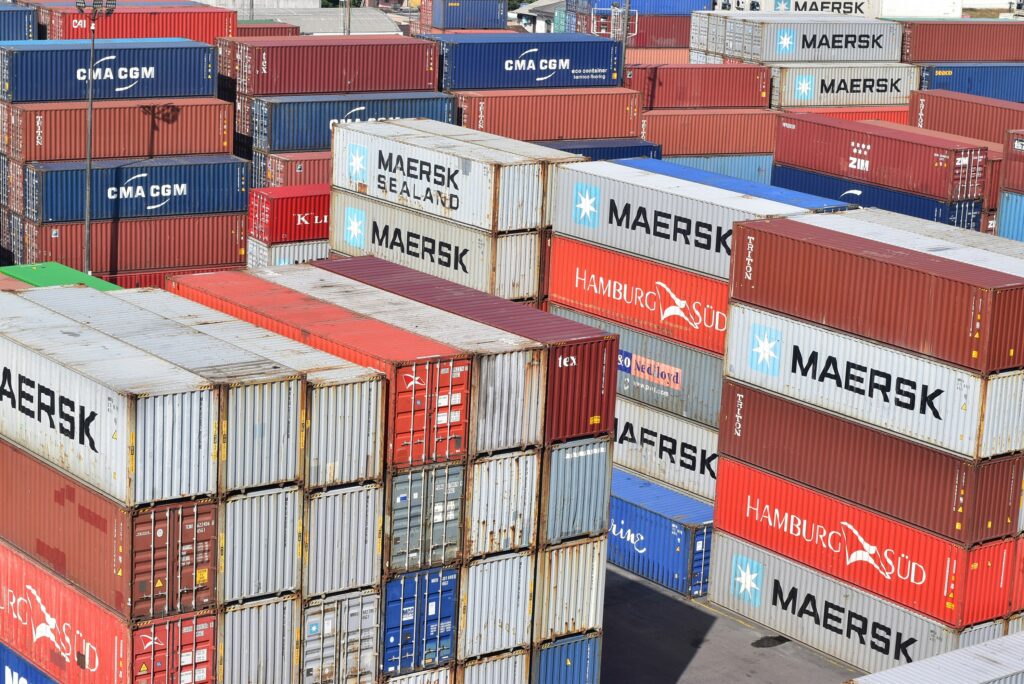At IFS Ultimo in the Netherlands, around 45 people – from developers and functional designers to testers – work continuously work on Ultimo software product development using Scrum methodology. The reason for partnering with NetRom lies primarily in the access to excellent development capacity, explains Erik Huisman, CTO of IFS Ultimo. “In the Netherlands, retaining good developers is becoming increasingly difficult. In 2014, Ultimo considered various near- and offshore solutions. We were primarily looking for a partner with whom we could collaborate optimally, which required the ability to scale up and down flexibly as well as a good cultural fit.”
Strong cultural fit accelerates the development of IFS Ultimo
- Seamless cloud migration optimized Ultimo’s system performance.
- Boosted system capabilities with powerful APIs for easy platform integration.
- Synchronized scrum teams for rapid development and quick results.






